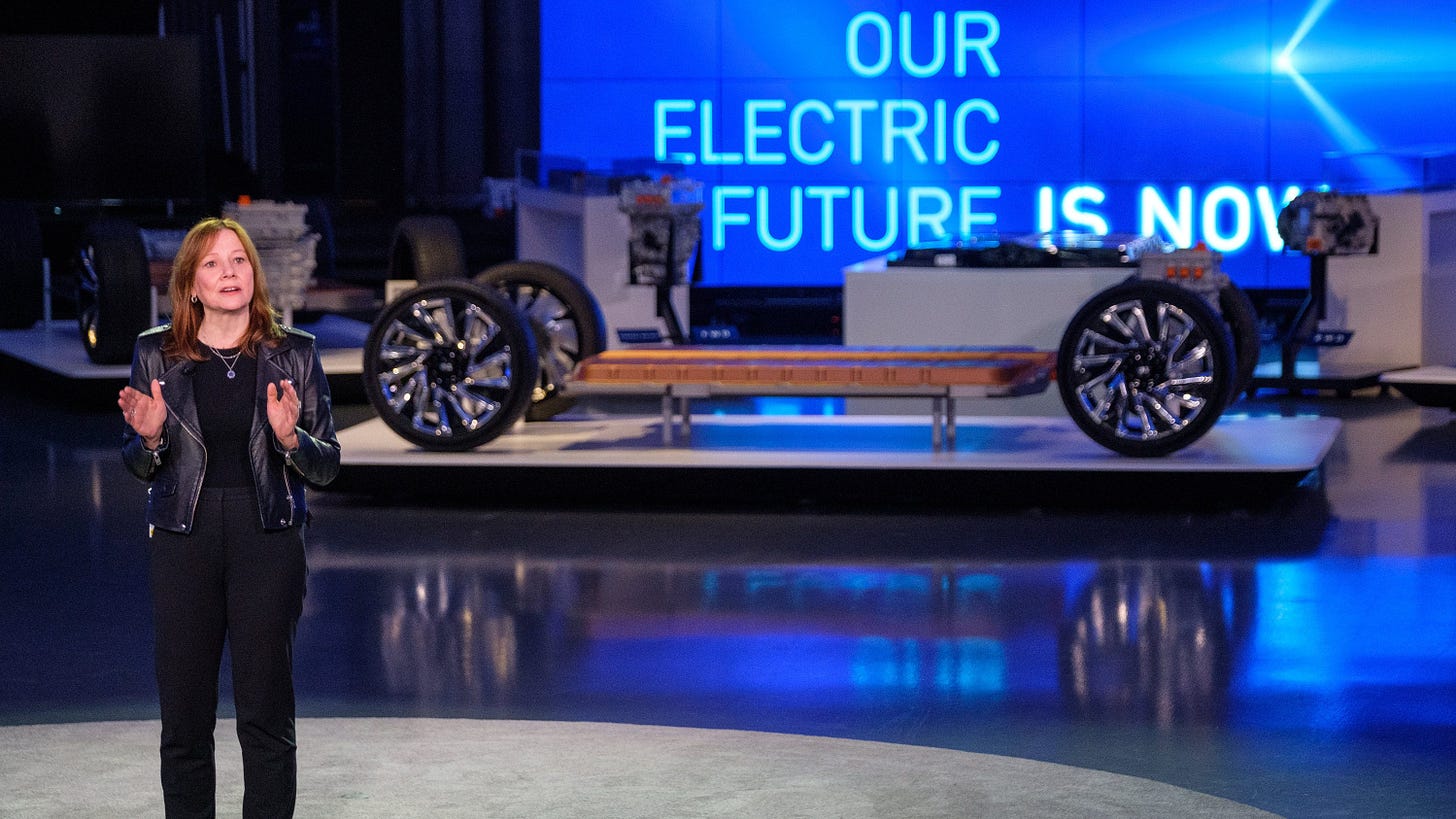The US electric vehicles (EV) sector continues to struggle to maintain momentum as consumers balk at paying thousands dollars more than the price for a comparable gas-powered model. GM recently delayed the opening of a planned electric truck factory by a full year amid declining demand for such products. The Wall Street Journal reports GM management cited the need “to better manage capital investment while aligning with evolving EV demand.”
Yes, the demand is certainly evolving, but in a direction that neither policymakers nor U.S. automakers anticipated. Despite the massive carmaker and auto-buyer subsidies and tax breaks contained in last year’s Orwellian-named Inflation Reduction Act, the pace of demand growth is slowing. EV sales rose by 51% for the first nine months of the year, a significant drop from the 69% growth seen in the US during 2022.
GM is far from the only US automaker whose EV business is struggling now. The news was overshadowed by its settlement of the United Auto Workers (UAW) strike, but Ford Motor Company reported more financial carnage within its Ford Model-e electric vehicles business unit as part of its 3rd quarter 2023 results Thursday. For the period of July through September, Ford reported that Ford Model-e lost another $1.2 billion, which calculates out to something over $62,000 per unit sold during the same 90-days. That news came just weeks after Ford announced it was cancelling dealer stock orders for the 2023 version of its struggling F-150 Lightning pickup to perform what it calls “additional quality checks.”
Keep reading with a 7-day free trial
Subscribe to Energy Transition Absurdities to keep reading this post and get 7 days of free access to the full post archives.




